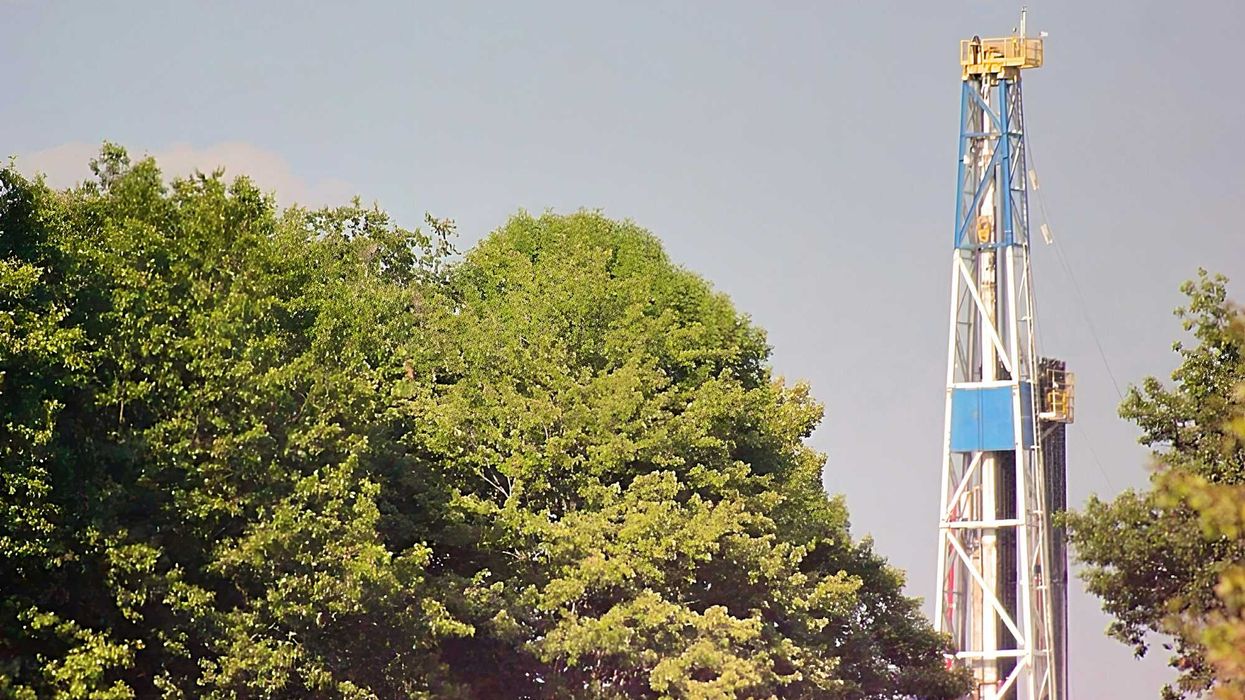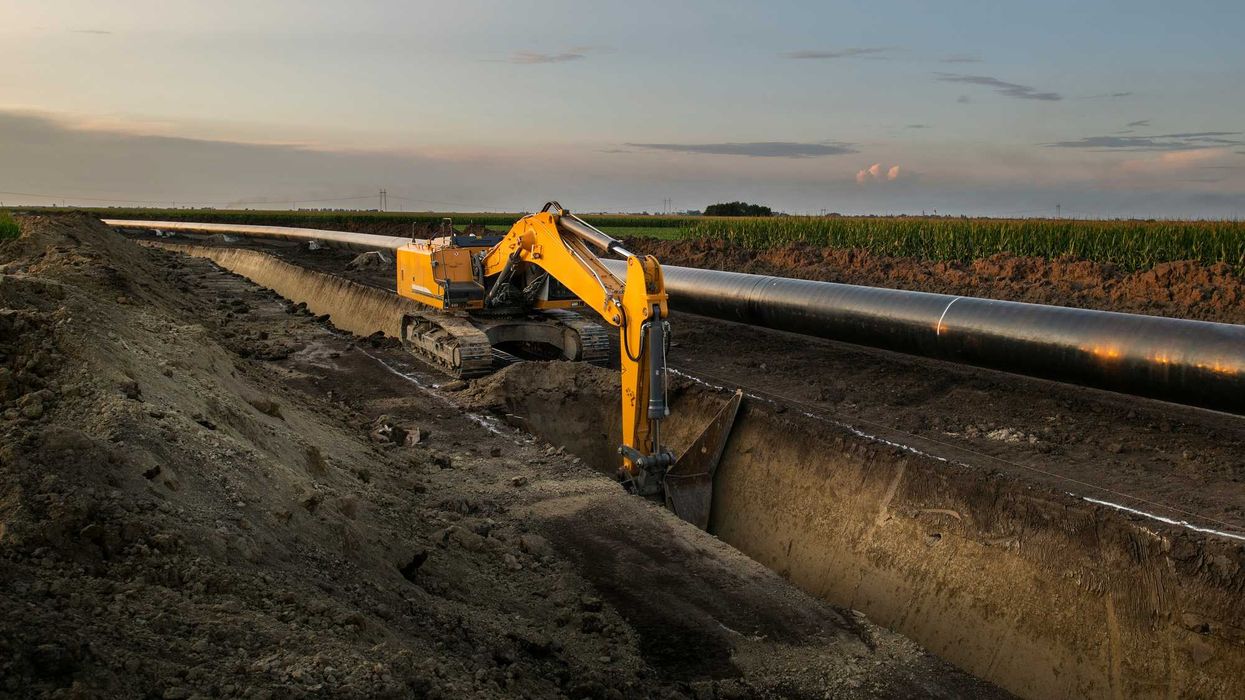For years, residents of Grove City, Pennsylvania, have fought to stop the reopening of a nearby landfill that could accept radioactive waste from oil and gas drilling.
Kiley Bense reports for Inside Climate News.
In short:
- The Tri-County Landfill in Grove City, closed since 1990, may reopen under new ownership, sparking fears it will accept fracking waste that can contain radioactive materials.
- Local group Citizens’ Environmental Association of the Slippery Rock Area (CEASRA) argues the landfill’s reactivation would threaten public health and nearby waterways, citing the presence of Technologically Enhanced Naturally Occurring Radioactive Material (TENORM) and past environmental violations.
- Pennsylvania regulators approved the landfill’s permit after previously denying it, despite ongoing concerns about pollution and legal loopholes that exempt oil and gas waste from hazardous classification.
Key quote:
“We realized we didn’t only have a trash problem, but we had a radiation problem.”
— Beverly Graham, recording secretary, CEASRA
Why this matters:
Pennsylvania produces massive volumes of waste from oil and gas drilling — especially from fracking — which is often laced with radioactive isotopes like radium-226 and -228. These byproducts, known as TENORM, can accumulate in landfill leachate and wastewater, posing long-term environmental and health risks when released into waterways. Yet thanks to regulatory exemptions dating back decades, fracking waste is not legally classified as hazardous, despite containing substances that fit the scientific definition. That leaves communities vulnerable, especially when such waste is buried in municipal landfills not designed for radioactive material. As waste from the state’s booming gas industry looks for new disposal sites, the battle over the Tri-County Landfill may foreshadow similar conflicts across the region.
Related EHN coverage:














